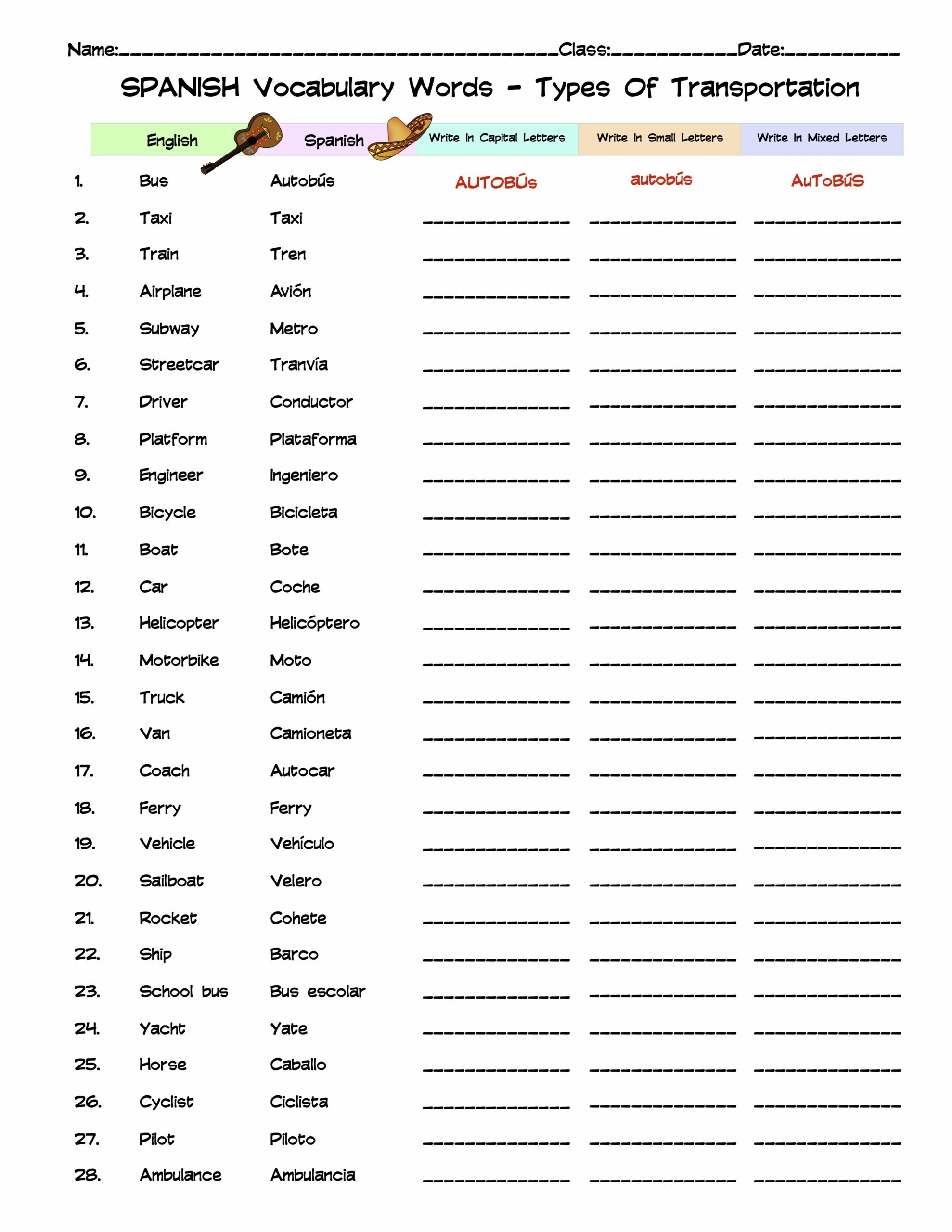Vocabulary plays a crucial role in communication and language proficiency. It refers to the words and phrases that a person knows and uses in their speech and writing. There are various types of vocabulary that encompass different aspects of language. Understanding these types can help individuals enhance their language skills and communicate effectively.
Building a diverse vocabulary is essential for expressing ideas clearly and articulately. It can also improve reading comprehension and writing skills. By familiarizing yourself with different types of vocabulary, you can enrich your language abilities and broaden your communication repertoire.
Types of Vocabulary
1. Receptive Vocabulary: This type of vocabulary refers to the words that an individual can understand when reading or listening to others. Receptive vocabulary is essential for comprehension and can help individuals interpret written and spoken language effectively.
2. Expressive Vocabulary: Expressive vocabulary encompasses the words that a person can use in their speaking and writing. It reflects a person’s ability to articulate their thoughts and ideas clearly. Developing expressive vocabulary is crucial for effective communication.
3. Academic Vocabulary: Academic vocabulary consists of words and phrases that are commonly used in educational settings, such as textbooks, lectures, and academic papers. Mastering academic vocabulary is essential for academic success and proficiency in specific subject areas.
4. Domain-Specific Vocabulary: Domain-specific vocabulary pertains to words and terms that are unique to a particular field or industry. For instance, medical professionals use specialized vocabulary related to healthcare, while engineers use terminology specific to their field. Understanding domain-specific vocabulary is crucial for effective communication within a specific context.
5. Colloquial Vocabulary: Colloquial vocabulary includes informal words and phrases that are commonly used in everyday conversations. This type of vocabulary reflects regional dialects, slang, and informal speech patterns. Familiarizing yourself with colloquial vocabulary can help you communicate more naturally in social settings.
Enhancing your vocabulary involves learning and practicing different types of vocabulary. By diversifying your vocabulary repertoire, you can improve your language skills and communicate more effectively in various contexts.
